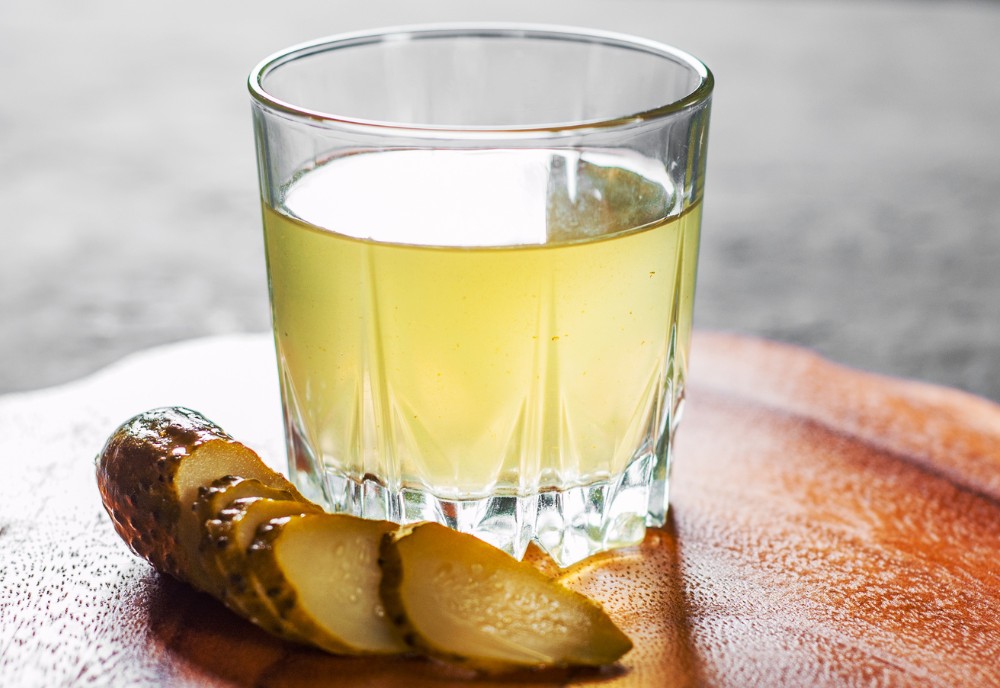Physical Address
304 North Cardinal St.
Dorchester Center, MA 02124
Physical Address
304 North Cardinal St.
Dorchester Center, MA 02124

In the high-stakes world of competitive tennis, athletes are continually on the search for safe and natural ways to gain an edge on the court. While traditional nutritional strategies play a vital role, there are some less conventional practices gaining popularity such as the use of pickle juice and creatine.
Pickle juice has gained popularity among professional athletes, including tennis players due to its perceived benefits in combating muscle cramps. This sour liquid, a by-product of pickling cucumbers, is rich in electrolytes, including sodium and potassium. These are essential for muscle function and maintaining fluid balance within the body, which can be disrupted during strenuous and prolonged exercise due to extensive sweating. Some studies suggest that ingesting small amounts of pickle juice can alleviate muscle cramps quicker than drinking water or other sports drinks. While more research is needed to fully understand the mechanisms and potential benefits, many athletes swear by this unconventional remedy for swift muscle cramp relief.
Creatine, a substance naturally produced in the body and primarily stored in skeletal muscle, has been widely embraced in the world of professional sports due to its efficacy in enhancing athletic performance. It works by replenishing adenosine triphosphate (ATP), the primary energy currency of the body, allowing athletes to maintain high-intensity performance over short durations. In addition, creatine has been found to promote muscle mass gains, increase muscle fiber size, and improve recovery post-exercise. By supplementing with creatine, athletes can potentially push their training boundaries, facilitating improvements in power, speed, and muscle strength. However, it’s important to note that individual responses to creatine supplementation can vary, and it’s most effective in high-intensity, short-duration activities like weightlifting or sprinting. Moreover, proper hydration is crucial when taking creatine to avoid potential side effects like cramping and dehydration.
While supplements can help enhance athletic performance, it’s essential to remember that they should not replace a well-balanced diet. Adequate consumption of macronutrients (carbohydrates, proteins, and fats) and micronutrients (vitamins and minerals) is necessary for overall health and athletic success. For example, carbohydrates are the primary energy source during exercise and are essential for prolonged endurance performance. Protein is crucial for muscle repair and recovery, making it vital for athletes engaging in strength training or high-intensity activities. Fat provides sustained energy and plays a role in hormone production, which can impact athletic performance.
In addition to proper nutrition and supplementation, rest and recovery are crucial for athletic success. Exercise causes micro-tears in the muscles, and adequate rest allows for repair and growth. Lack of sleep can lead to decreased reaction time, impaired decision-making skills, and hindered muscle recovery. Therefore, athletes should prioritize getting enough quality sleep each night.
Every individual’s needs are unique, so it’s essential to consult with a registered dietitian or sports nutritionist to determine the best approach for achieving optimal athletic performance. Additionally, staying up-to-date on current research and recommendations is crucial as new information becomes available.